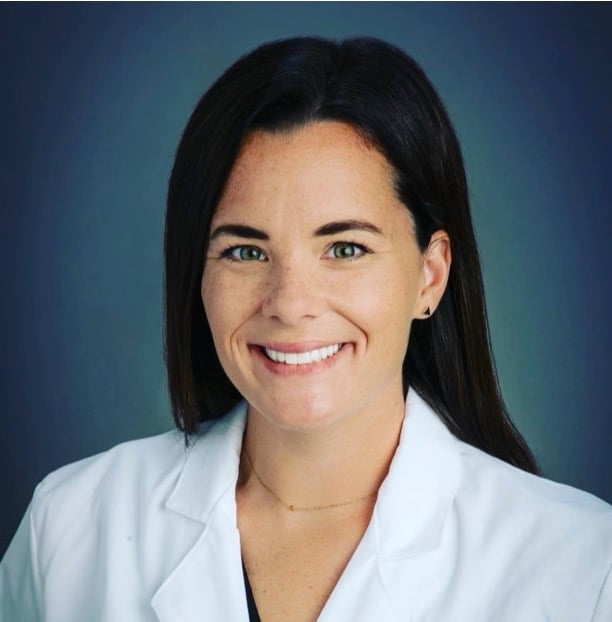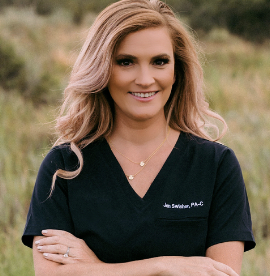Fiber: Your Best Friend or Worst Enemy? A Quick Guide
We’ve all done it—given patients the standard advice to “increase your daily fiber intake” without a second thought. After all, it seems like a simple, harmless suggestion, right? But what does it actually mean to crank up the fiber, and when should you rethink the recommendation?
Read more









